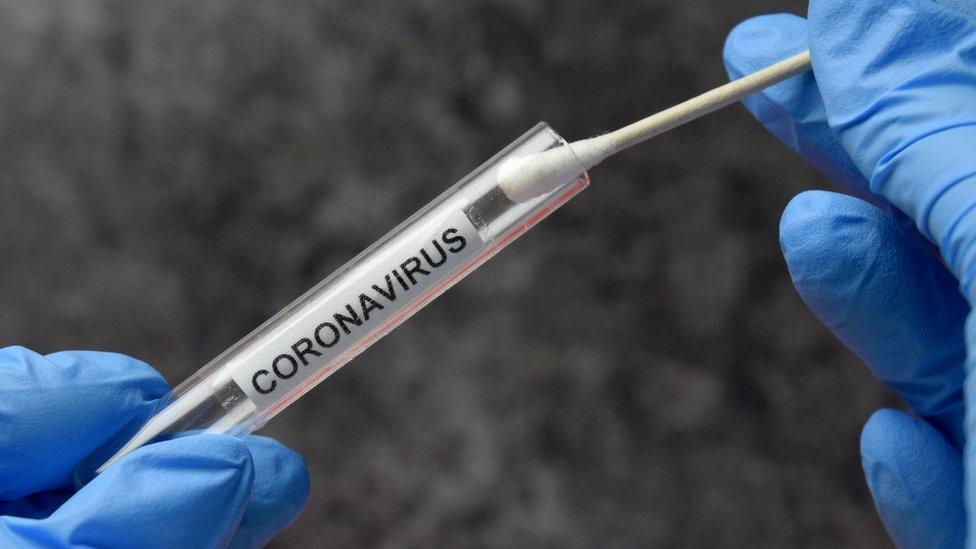Coronavirus: Concern over Wales' test results turnaround
- Published
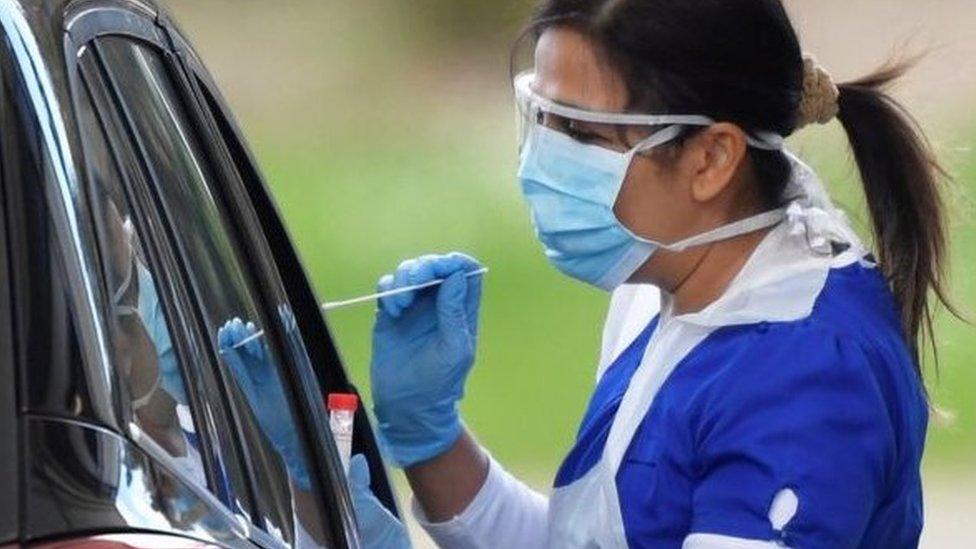
People can be tested in a variety of locations, including drive-through test centres
Opposition parties have raised concerns as official figures show the speed of processing Welsh coronavirus tests has declined every week since mid-May.
Just over half of Covid-19 tests have been processed within 24 hours, down from a high of 68% at the end of April, external.
Welsh Government advisers say the "most successful" contact tracing systems, external "require test results within 24 hours".
A government spokesperson said it was "working to address this and expects to see an improvement".
On 7 June, the first minister said it was the government's "ambition" to process as many tests as possible within 24 hours.
But the figures have continued to decline.
In the week to 21 June, 50.7% of all tests were processed within a day, 84.4% within two days, and 94.1% within three days - the worst set of results since records began on 20 April.
Most of the tests - 74,861 in total - have been conducted at coronavirus testing units, where only 43.6% of tests are processed within 24 hours and 21% of tests have not been processed within 48 hours.
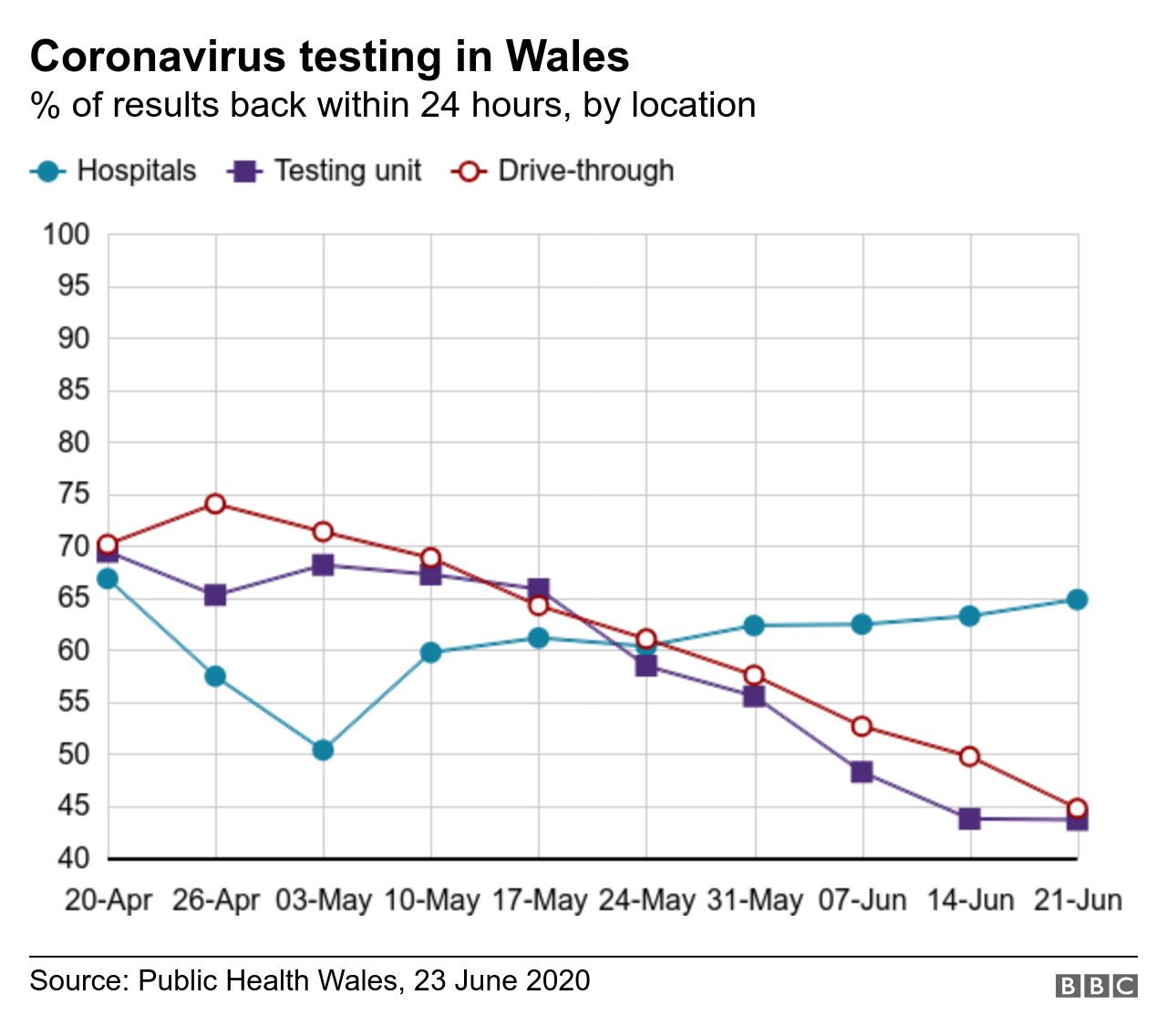
Speaking to the BBC Politics Wales programme, Conservative health spokesperson Angela Burns MS said: "This virus moves so fast that in 24 hours one person could've met an awful lot of people.
"What I'm really concerned about is, if we can't get it right now when we all know that we're actually well over the curve of coronavirus... how on earth are we going to get it right when we're up against it, when we're in the middle of winter?"
Rhun ap Iorwerth MS, Plaid Cymru's health spokesperson and Member of the Senedd for Ynys Môn, said the outbreak of cases at the 2 Sisters meat processing plant in his constituency was a "very good reason why we need the tests to come back quickly".
"We need those test results back quickly in order for the tracing teams to be able to get their work going so they can trace the contacts of people who have tested positive," he said.
"Unless you can get on top of the virus and on top of outbreaks quickly, you are tying both hands behind your back and making it very, very difficult for yourselves to control and, hopefully, stamp out outbreaks."
The Welsh Government's "test, trace, protect" system of contact tracing means the close contacts of people who have tested positive for coronavirus are asked to self-isolate for 14 days.
Between the start of the new system on 1 June and 21 June, 81% of all contacts identified had been successfully contacted, external - a drop from 88.6% between 1 June and 14 June.
Scientific advice from the government's Technical Advisory Cell (TAC) said 75-90% of contacts need to be traced for the system to be effective.
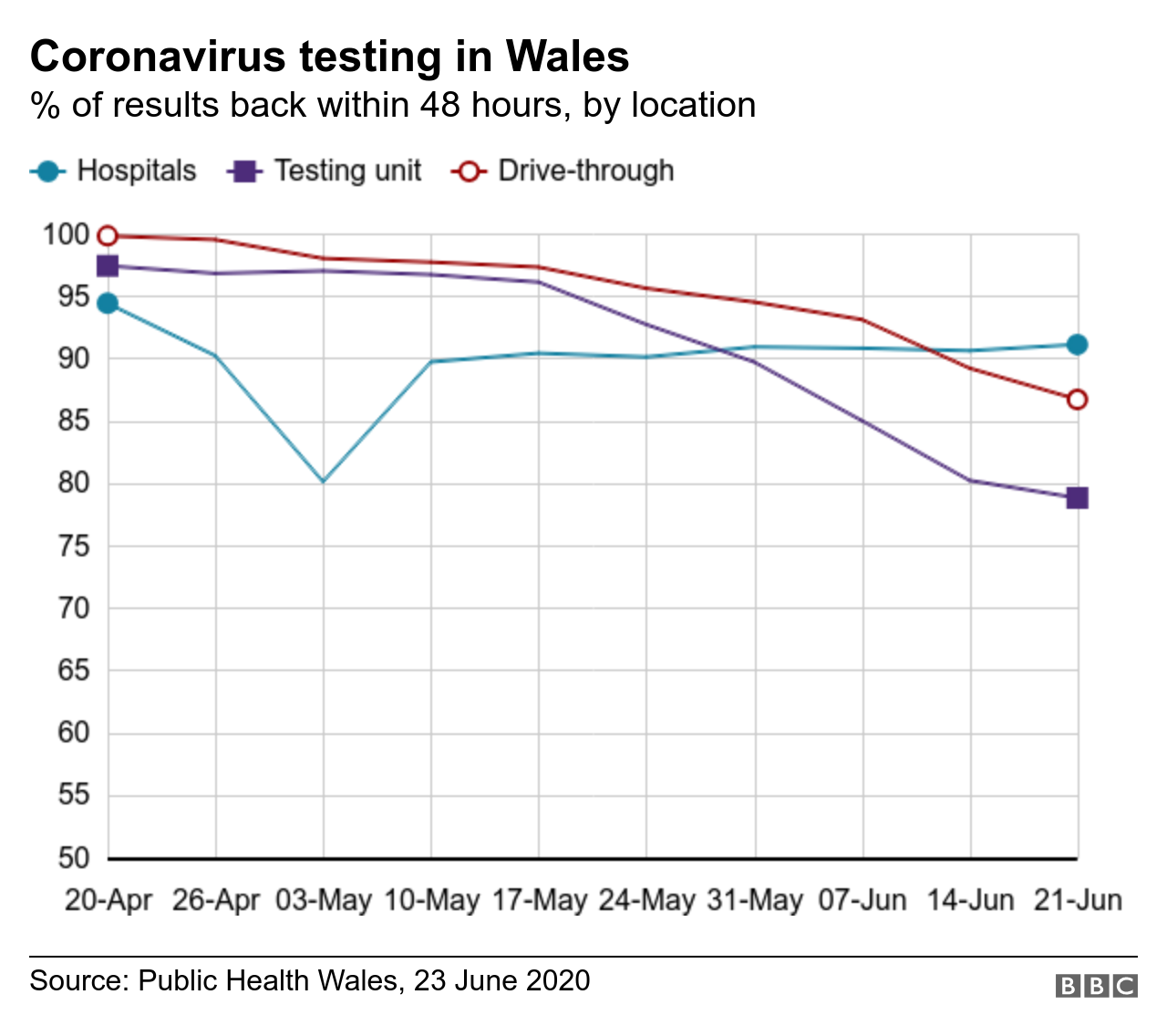
The latest lists of contacts were based on the referral of 1,905 positive cases to local and regional contact tracing teams.
But when asked how many people who have tested positive officials have been unable to get in touch with in order to trace their contacts, a Welsh Government spokesperson said: "We don't currently publish that data."
Since the system of text messaging Covid-19 test results was introduced on 21 April, Public Health Wales said tens of thousands of text messages have been sent while "incorrect messages account for around 0.02%".
Test result sent to wrong person
A former Labour MP for Kensington was one of those wrongly sent Covid-19 results via text message.
Emma Dent Coad said: "It wasn't addressed to me, there was somebody else's name there, somebody else's birth date, and it was telling me that my test result, which I hadn't had, was negative.
"My first concern was for this poor person not getting their test result.
"They told me it was a human error in inputting the phone number.
"That worried me even more... they have to have some kind of fail-safe mechanism," she added.
Swansea Bay University Health Board said the mistake was being treated as a "serious incident" and they would "consider any potential actions to minimise the risk of something similar happening in future".
Asked about data breaches on Monday, First Minister Mark Drakeford said: "The more we are able to automate the system, the more checks can be put in to try to make sure that mobile numbers are not wrongly transcribed as they're passed through the system, and that is why we are moving very rapidly to the full electronic system here in Wales.
"There are examples; they are exceptions rather than the rule, but you can see how easily it is done," he added.
BBC Politics Wales is on BBC1 Wales at 10:15 BST and then on iPlayer after the broadcast.
- Published7 June 2020
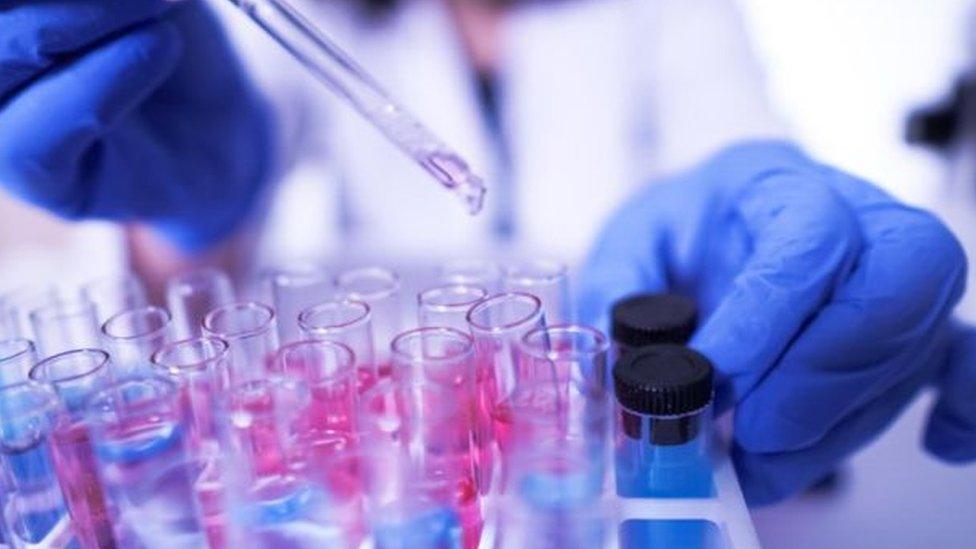
- Published1 June 2020
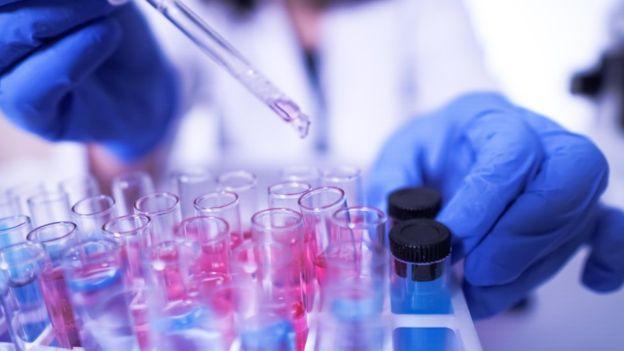
- Published30 May 2020
